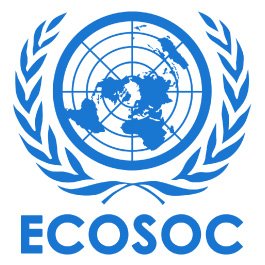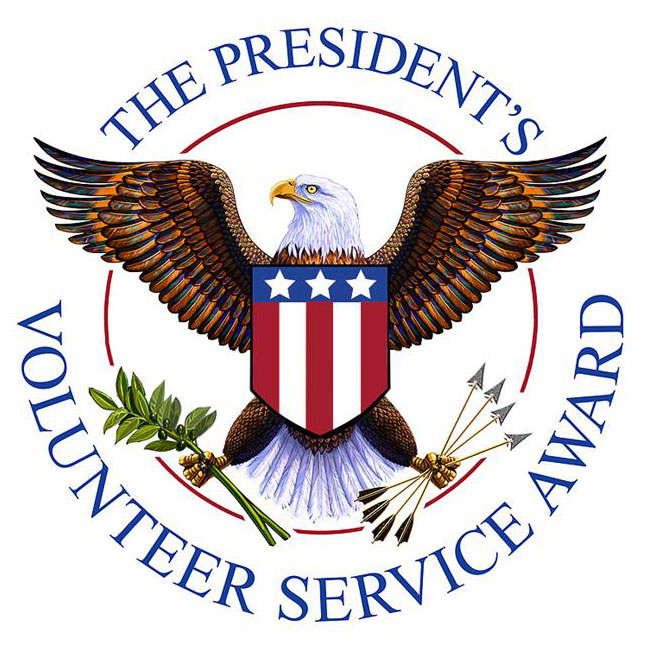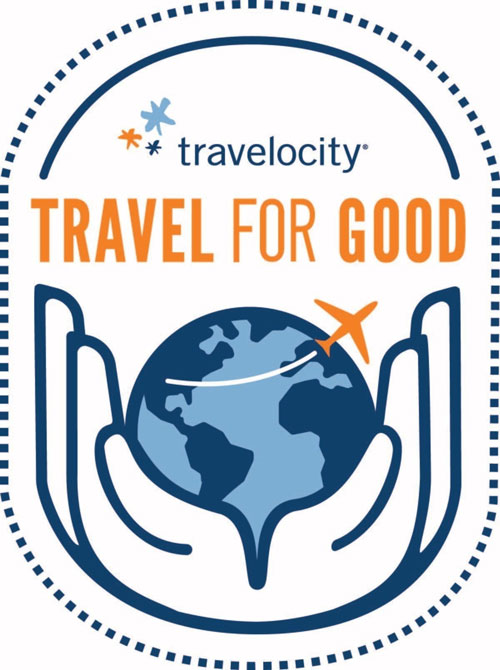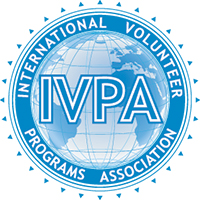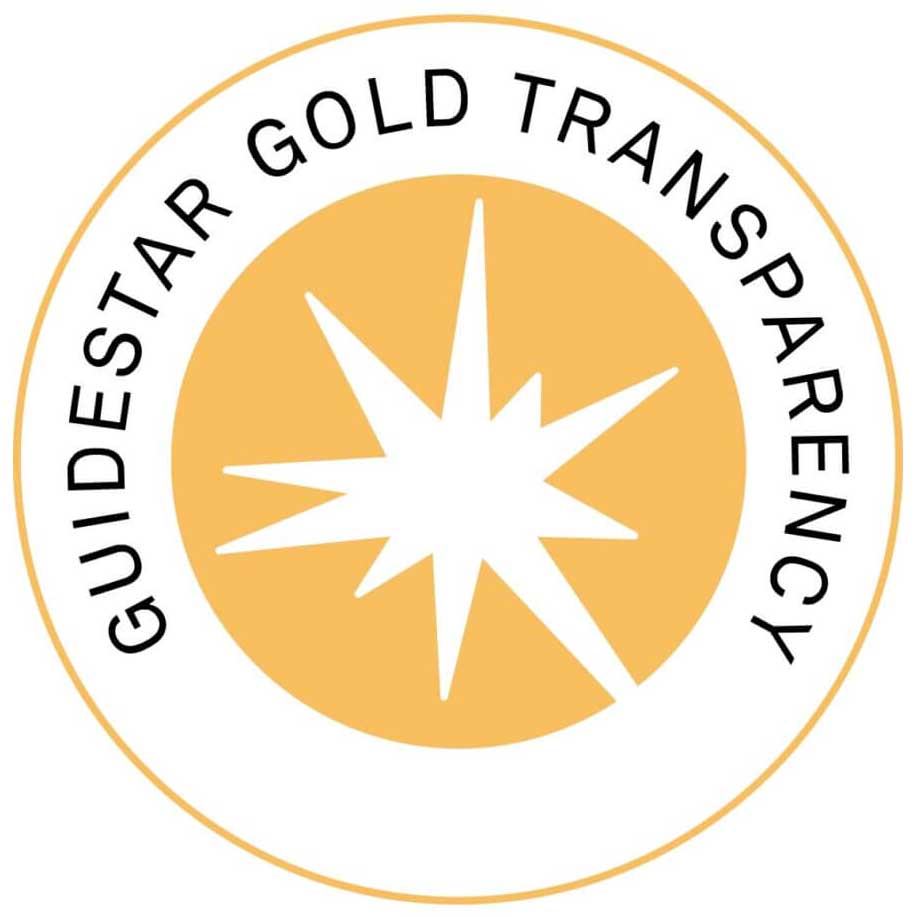GENERAL NOTICE FOR ALL PROGRAMS
Safety and security are big concerns for most people traveling to developing countries (or to the friends and families of the volunteers who are traveling). What will be your risk? While there is no way to eliminate all risk, Globe Aware does as much as they can to reduce any dangers. Trained volunteer coordinators live and work side by side with the volunteers at all times, other than any free time where volunteers choose to spend how they like.
Bodily Harm
In almost all Globe Aware program locations, the potential for violent bodily harm (rape, mugging, etc) is significantly less than that encountered in large American cities. We generally travel in groups with our fellow volunteers and coordinator.
Project Safety
We have four criteria in selecting appropriate work activities, and the very 1st concerns safety. We do no projects, for example, on high ladders or handling heavy duty machinery or equipment. We handle no bodily fluids. We do not work in countries at war. We avoid program locations with significant risk for major illness outbreaks, such as Ebola or typhoid. If at any time a volunteer feels that he or she is not comfortable with any given activity, he or she may freely abstain.
Illness and Injury
Most of our projects are relatively low on the manual labor scale, and are chosen with a high degree of safety in mind. However anyone can twist an ankle anywhere in the world, particularly in places with cobblestone streets. Likewise anyone can catch a cold or get sick to their stomachs. Therefore, Globe Aware's program fee covers mandatory medical insurance/evacuation insurance. This insurance requires NO medical deductible to be met. In the event of any illness or injury, the volunteer coordinator accompanies the affected volunteer to the closest trusted medical facility, and stays in communication with headquarters and the volunteer's emergency contact regarding the situation. The most common physical ailment on our programs in altitude sickness at our Cusco program in Peru, which can be mitigated by drinking water and taking it easy the 1st few days.
Possessions
In many of our program locations, the local population is far less materially advantaged that that of our volunteers. Yet theft while at work site or at accommodations is incredibly rare. However when volunteers spend free time in crowded places, like markets, possessions such as fancy cameras or watches should be kept out of site to minimize the chance of being pick pocketed. There is a higher rate of petty theft in many of our program locations than what our volunteers are usually accustomed to in their home setting. Hence it is a good idea to leave designer clothing and bags at home.
Food and Water
All water is either bottled or boiled. All food is prepared fresh from locally purchased sources. Community hosts have been well instructed in preparing food with delicate stomachs in mind. We communicate any dietary restrictions or allergies to the cooks.
Women Traveling Alone
Because our programs are typically small groups, volunteers never are fully alone. The coordinator and fellow volunteers, along with the locals you are there to help, are your companions. However, there are cultural differences to note. The principle factor to be aware of as a woman traveling alone is that you may attract unwanted attention in certain areas of Latin America (in the form of catcalls and the like) if you dress in short skirts or really short shorts, or wear spaghetti straps. Likewise, you may be seen as disrespectful in you have uncovered shoulders, knees, or the heels of your feet as you enter a Buddhist temple.
Any travel comes with certain risks, and travel with Globe Aware is no different. Of course all reasonable precautions will be made to prevent any dangers. Travel to different countries mean that conditions will vary - - sometimes quite significantly - - from those in the United States. These reasons are some of the primary reasons volunteers are drawn to Globe Aware adventures, but can also be the basis for possible risks. For example, the condition of roads, infrastructure (such as phone lines, water lines, etc) and hygiene conditions, are likely to differ from, and often be considered inferior to, those found in the volunteers' home. In addition, Globe Aware cannot be held responsible for forces of God, war, public transportation, level of medical service, availability of medical treatment and medical personnel, political stability, and the like.
The volunteers should also be aware that environmental conditions may provide certain challenges to some. For example, higher altitudes in some locales may mean volunteers with difficulty breathing may find it even more difficult in new climes. For those with sensitivity to dryness, certain climates may be uncomfortable.
